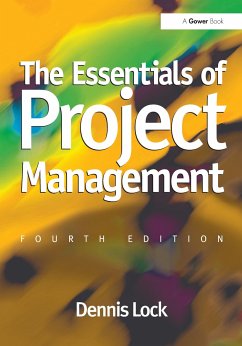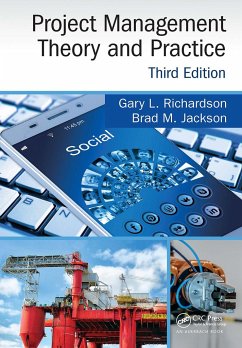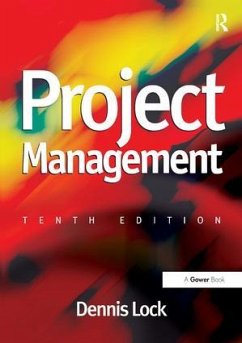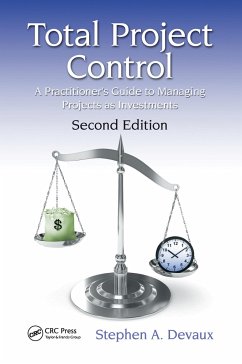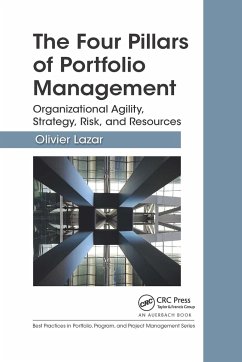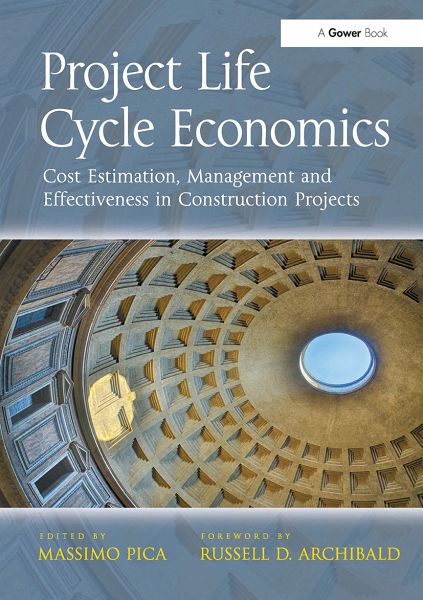
Project Life Cycle Economics
Cost Estimation, Management and Effectiveness in Construction Projects
Versandkostenfrei!
Versandfertig in 6-10 Tagen
38,99 €
inkl. MwSt.
Weitere Ausgaben:

PAYBACK Punkte
19 °P sammeln!
The financing of modern construction projects reflects the need to address the costs and benefits of the whole life of the project. This means that end of life economics can now have a far greater impact on the planning and feasibility phases. During the project itself, decisions on construction materials and processes all influence the schedule as well as both immediate and down-the-line costs. Massimo Pica and his co-authors explain in detail the fundamentals of project life cycle economics and how they apply in the context of complex modern construction. This is an essential guide for those...
The financing of modern construction projects reflects the need to address the costs and benefits of the whole life of the project. This means that end of life economics can now have a far greater impact on the planning and feasibility phases. During the project itself, decisions on construction materials and processes all influence the schedule as well as both immediate and down-the-line costs. Massimo Pica and his co-authors explain in detail the fundamentals of project life cycle economics and how they apply in the context of complex modern construction. This is an essential guide for those involved in construction project design, tendering and contracting; to help ensure the sustainability of the project or their contribution to it, from the start. It is also important for those involved in the delivery of the project to help them make the choices to keep the project on a financial even keel. Government, corporations and other organizations are looking for new models of collaborative working to fund their large construction and infrastructure projects in the face of changing attitudes to risk; a better educated and more demanding base of end-user clients and the increasing requirements for projects that are environmentally responsible and sustainable. Project Life Cycle Economics is a fundamental primer for those commissioning and those delivering construction.




